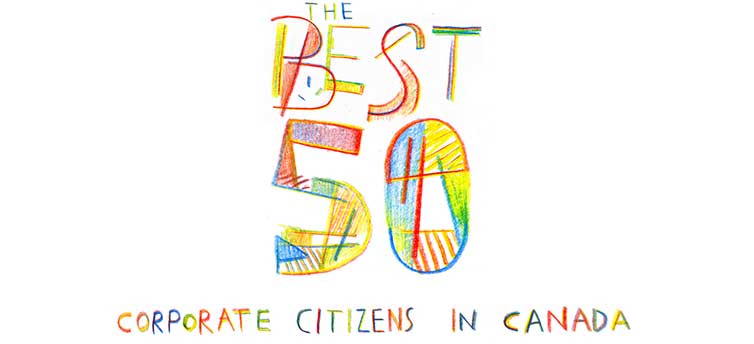At the Paris climate conference in December 2015, Canadian native and Bank of England Governor Mark Carney announced that the international Financial Stability Board was establishing an industry-led disclosure task force on climate-related financial risks under the chairmanship of former New York City mayor Michael Bloomberg.
The task force went on to introduce a set of voluntary, consistent climate-related financial risk disclosures last December for use by companies in providing information to lenders, insurers, investors and other stakeholders. Multinational corporations were quick to vote their support, including 27 leading companies such as Unilever, HSBC and PwC agreeing to comply with these voluntary standards through a joint statement in April.
Officials from the Canadian Securities Administrators (CSA) are in the process of reviewing current disclosure of risks and financial impacts associated with climate change across the country, with findings expected in the fall. “As securities regulators, it is important to assess whether issuers provide appropriate disclosure regarding risks and financial impacts associated with climate change, which in turn assists investors in making informed investment decisions,” said Louis Morisset, CSA chair and president and CEO of the Autorité des marchés financiers in a statement.
While progress may be slow, a broadening coalition of regulators, governments and leaders from the corporate community are preparing for a carbon- and resource-constrained world. A key piece of this is improving CSR disclosure, following the old business adage that if you can’t measure it, you can’t manage it.
This year’s Best 50 Corporate Citizens in Canada ranking is a reflection of this new disclosure climate. Corporate Knights had maintained 12 key performance indicators for a number of years due, in part, to how widely disclosed these data points were on an industry-wide scale. Additional metrics were not adopted because of the limited value provided by assessing companies on a metric that isn’t available for the majority of companies in the research universe.
With sustainability disclosure practices improving (albeit slowly), Corporate Knights was able to add two new metrics to the ranking methodology this year: the supplier score and the clean air productivity score.
Some companies are improving their disclosure practices through the more holistic approach of integrated reporting. Insurance provider The Co-operators Group (No. 9 on this year’s Best 50) released its inaugural Integrated Report at its annual general meeting in April in a bid to embed environmental, social, governance and financial strategies and performances together.
“Integrated reporting provides us with an opportunity to directly connect the value we create with critical issues like climate change, disruptive technologies, economic volatility, shifting demographics and social inequality,” Robert Wesseling, president and CEO of The Co-operators, said in a statement to Corporate Knights. “To successfully provide financial security for Canadians and build resilient communities, we believe it’s important that our strategy views our financial strength as inextricably linked to the well-being of the world around us.”
Another company that has embraced integrated reporting is the B.C.-based banking co-operative Vancity, the top-ranked company in this year’s Best 50 Corporate Citizens in Canada ranking for the second year in a row. The company has refashioned itself as a values-based financial institution that acts as a force for good in society (see here for a full profile).
Next on the 2017 list is Desjardins, the biggest financial institution in Quebec and the biggest cooperative financial group in Canada. Third place went to HSBC Bank Canada, with excellent scores on leadership diversity and a low CEO-to-average-worker pay ratio.
Companies headquartered in six different provinces are represented on the list, led by Ontario and Quebec with 18 and 13, respectively. Ontario is largely represented in the ranking through the mining and financial services industries, while Quebec has a much more diverse portfolio. Alberta has eight companies, followed by British Columbia with six.
Click here to go back to the ranking landing page.






